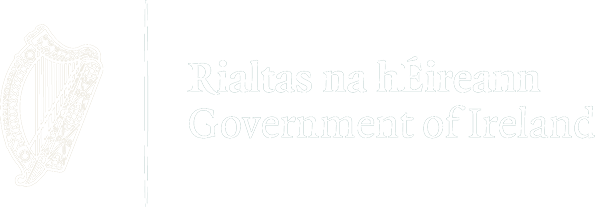Programme Design and Approval
MSLETB is committed to providing quality assured programmes for learners at its various FET centres. MSLETB is responsible for ensuring that an effective and efficient quality assurance management process is in place to oversee requests from its centres for programme delivery, development and validation. MSLETB has structures in place to exercise governance and oversight in this regard. MSLETB, through the FET Directors, operates an annual business planning cycle with quarterly reviews. This coincides with the Funding Allocation Request Reporting (FARR) requirements to SOLAS.
QQI certifies the largest proportion of FET programmes in MSLETB. A small number of programmes are certified by City and Guilds, ITEC, CIBTAC, CIDESCO, etc. MSLETB also offers a number of uncertified programmes.
Programme Approval
A robust quality management structure and process is in place to govern a programme approval process in the region, with the aim of supporting efficient programme planning and safeguarding against un-necessary duplication of provision.
A FET centre must make a formal request to the MSLETB Programme Approval Committee where it plans to:
- access and deliver existing validated programmes/modules/awards for the first time
- access and deliver existing validated programmes/awards where that programme has not been delivered in-centre for the past three years
- develop new programmes/modules for validation with a view to their delivery
- request to develop a shared programme
- request to participate in the development of a joint programme/module
The proposal must contain a ‘Needs Identification’ which outlines a rationale for the programme such as:
- how it might be meeting learner needs, national and/or local skills needs, an educational need in the community, etc.
- evidence of how the programme fulfils national policy recommendations e.g. in terms of activation, active inclusion, etc.
- evidence of stakeholder engagement e.g. employer engagement in identifying local skills needs, engagement in programme development, review, etc.
- identification of the award that best meets the needs of the programme
- staffing requirements
- funding requirements
- development requirements
All applications must include reference to local/national data in support of the proposal. Centres must demonstrate that they have or can access the resources, facilities and staff expertise to deliver the programme. To avoid un-intentional oversupply or duplication of provision in MSLETB, centres when making applications are also advised to consider whether programmes are already available to their target group within the immediate catchment area.
An appeal mechanism exists where a centre is not given approval to proceed with their request. It is the responsibility of centre management to ensure that only programmes that have prior approval for that centre are actually delivered.
Click here to read the Terms of Reference for MSLETB’s Programme Approval Committee (PAC)
Click here to read MSLETB’s Interim Programme Delivery Development Validation Policy
All MSLETB validated programmes are available on the MSLETB SharePoint. A single version control system is in place to ensure that only the latest version of documentation is available.
Programme Design
Where approval is received and the related programme is not available, a Programme Development Evaluation Plan is drawn up by the PAC, in line with the guidelines and requirements of the proposed programmes certifying body. A Programme Development Group is convened, of suitably qualified and experienced SMEs to develop the programme. Once the new programme has been finalised it is presented to the PAC for approval pre-submission to the certifying body for validation. Once validation is received the PAC will communicate this decision to the local centre.
A programme developed, as described, may be validated for the sole use of a centre within MSLETB or for use by a group of named centres. It is also noted that a programme may be developed jointly by a number of ETBs in which the programmes curriculum is identified as a ‘shared curriculum’. One ETB takes the lead in having the programme validated with the partner/s requesting ‘differential validation’ by QQI on the basis of the shared curriculum.
A variation of the above programme development process will apply for programmes certified by bodies other than QQI.



